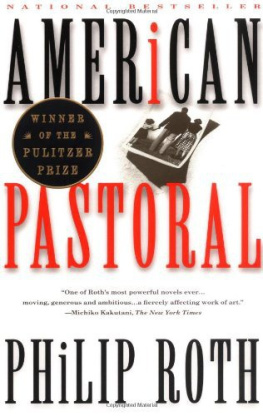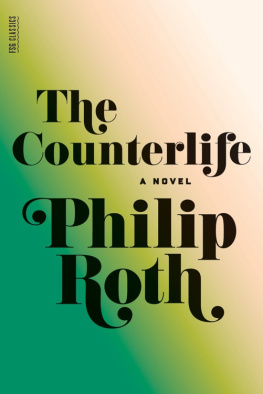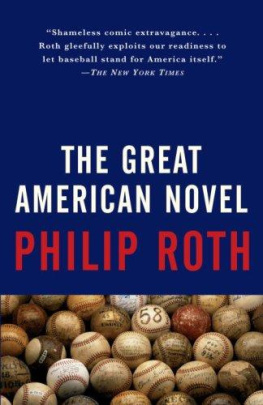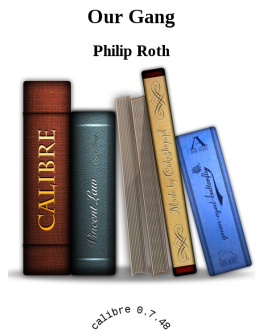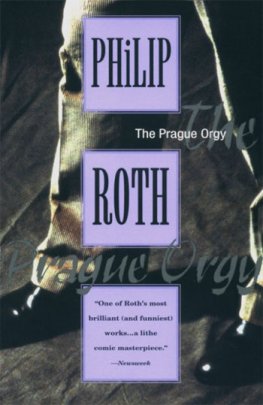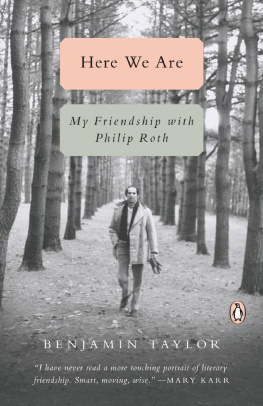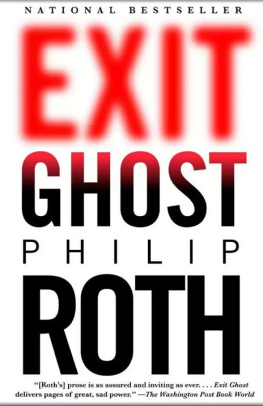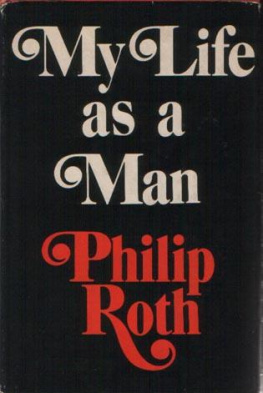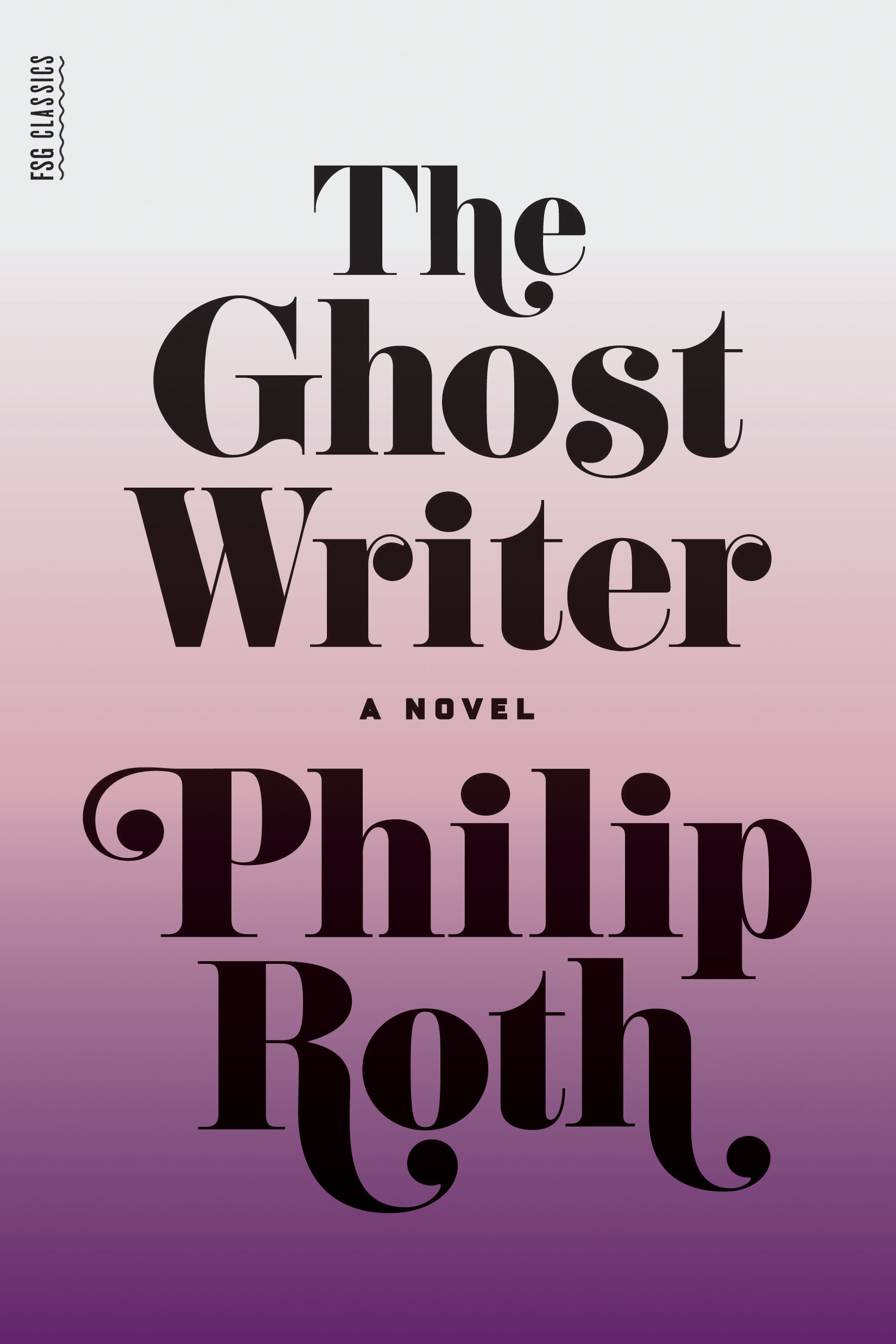
The author and publisher have provided this e-book to you for your personal use only. You may not make this e-book publicly available in any way. Copyright infringement is against the law. If you believe the copy of this e-book you are reading infringes on the authors copyright, please notify the publisher at: us.macmillanusa.com/piracy.
Contents
For Milan Kundera
1. Maestro
It was the last daylight hour of a December afternoon more than twenty years agoI was twenty-three, writing and publishing my first short stories, and like many a Bildungsroman hero before me, already contemplating my own massive Bildungsroman when I arrived at his hideaway to meet the great man. The clapboard farmhouse was at the end of an unpaved road twelve hundred feet up in the Berkshires, yet the figure who emerged from the study to bestow a ceremonious greeting wore a gabardine suit, a knitted blue tie clipped to a white shirt by an unadorned silver clasp, and well-brushed ministerial black shoes that made me think of him stepping down from a shoeshine stand rather than from the high altar of art. Before I had composure enough to notice the commanding, autocratic angle at which he held his chin, or the regal, meticulous, rather dainty care he took to arrange his clothes before sittingto notice anything, really, other than that I had miraculously made it from my unliterary origins to here, to himmy impression was that E. I. Lonoff looked more like the local superintendent of schools than the regions most original storyteller since Melville and Hawthorne.
Not that the New York gossip about him should have led me to expect anything more grand. When I had recently raised his name before the jury at my first Manhattan publishing partyId arrived, excited as a starlet, on the arm of an elderly editorLonoff was almost immediately disposed of by the wits on hand as though it were comical that a Jew of his generation, an immigrant child to begin with, should have married the scion of an old New England family and lived all these years in the countrythat is to say, in the goyish wilderness of birds and trees where America began and long ago had ended. However, since everybody else of renown I mentioned at the party also seemed slightly amusing to those in the know, I had been skeptical about their satiric description of the famous rural recluse. In fact, from what I saw at that party, I could begin to understand why hiding out twelve hundred feet up in the mountains with just the birds and the trees might not be a bad idea for a writer, Jewish or not.
The living room he took me into was neat, cozy, and plain: a large circular hooked rug, some slipcovered easy chairs, a worn sofa, a long wall of books, a piano, a phonograph, an oak library table systematically stacked with journals and magazines. Above the white wainscoting, the pale-yellow walls were bare but for half a dozen amateur watercolors of the old farmhouse in different seasons. Beyond the cushioned windowseats and the colorless cotton curtains tied primly back I could see the bare limbs of big dark maple trees and fields of driven snow. Purity. Serenity. Simplicity. Seclusion. All ones concentration and flamboyance and originality reserved for the grueling, exalted, transcendent calling. I looked around and I thought, This is how I will live.
After directing me to one of a pair of easy chairs beside the fireplace, Lonoff removed the fire screen and peered in to be sure the draft was open. With a wooden match he lighted the kindling that apparently had been laid there in anticipation of our meeting. Then he placed the fire screen back into position as precisely as though it were being fitted into a groove in the hearth. Certain that the logs had caughtsatisfied that he had successfully ignited a fire without endangering the two-hundred-year-old house or its inhabitantshe was ready at last to join me. With hands that were almost ladylike in the swiftness and delicacy of their movements, he hiked the crease in each trouser leg and took his seat. He moved with a notable lightness for such a large, heavyset man.
How would you prefer to be addressed? asked Emanuel Isidore Lonoff. As Nathan, Nate, or Nat? Or have you another preference entirely? Friends and acquaintances called him Manny, he informed me, and I should do the same. That will make conversation easier.
I doubted that, but I smiled to indicate that no matter how light-headed it was bound to leave me, I would obey. The master then proceeded to undo me further by asking to hear something from me about my life. Needless to say, there wasnt much to report about my life in 1956certainly not, as I saw it, to someone so knowing and deep. I had been raised by doting parents in a Newark neighborhood neither rich nor poor; I had a younger brother who was said to idolize me; at a good local high school and an excellent college I had performed as generations of my forebears had expected me to; subsequently I had served in the Army, stationed just an hour from home, writing public-information handouts for a Fort Dix major, even while the massacre for which my carcass had been drafted was being bloodily concluded in Korea. Since my discharge I had been living and writing in a five-flight walk-up off lower Broadway, characterized by my girl friend, when she came to share the place and fix it up a little, as the home of an unchaste monk.
To support myself I crossed the river to New Jersey three days a week to a job Id held on and off since my first summer in college, when Id answered an ad promising high commissions to aggressive salesmen. At eight each morning our crew was driven to some New Jersey mill town to sell magazine subscriptions door-to-door, and at six we were picked up outside a designated saloon and driven back to downtown Newark by the overseer, McElroy. He was a spiffy rummy with a hairline mustache who never tired of warning ustwo high-minded boys who were putting away their earnings for an education, and three listless old-timers, pale, puffy men wrecked by every conceivable misfortunenot to fool with the housewives we found alone at home in their curlers: you could get your neck broken by an irate husband, you could be set up for walloping blackmail, you could catch any one of fifty leprous varieties of clap, and what was more, there were only so many hours in the day. Either get laid, he coldly advised us, or sell Silver Screen. Take your pick. Mammons Moses we two college boys called him. Since no housewife ever indicated a desire to invite me into the hallway to so much as rest my feetand I was vigilantly on the lookout for lasciviousness flaring up in any woman of any age who seemed even half willing to listen to me from behind her screen doorI of necessity chose perfection of the work rather than the life, and by the end of each long day of canvassing had ten to twenty dollars in commissions to my credit and an unblemished future still before me. It was only a matter of weeks since I had relinquished this unhallowed lifeand the girl friend in the five-flight walkup, whom I no longer lovedand, with the help of the distinguished New York editor, had been welcomed for the winter months as a communicant at the Quahsay Colony, the rural artists retreat across the state line from Lonoffs mountain.
From Quahsay I had sent Lonoff the literary quarterlies that had published my storiesfour so faralong with a letter telling him how much he had meant to me when I came upon his work some years ago in college. In the same breath I mentioned coming upon his kinsmen Chekhov and Gogol, and went on to reveal in other unmistakable ways just how serious a literary fellow I wasand, hand in hand with that, how young. But then nothing I had ever written put me in such a sweat as that letter. Everything undeniably true struck me as transparently false as soon as I wrote it down, and the greater the effort to be sincere, the worse it went. I finally sent him the tenth draft and then tried to stick my arm down the throat of the mailbox to extract it.


